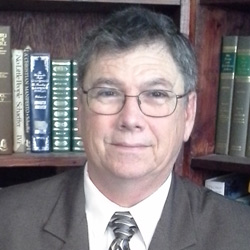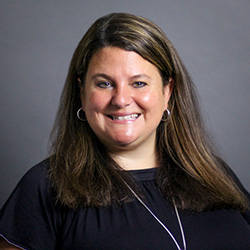Types of Doctoral Degree Programs – Online Ph.D., DBA, DHA, Ed.D.
Connect with learners and leaders just like you in our online doctoral programs. As a doctoral student, the possibilities are endless – you will go as far as your mind will take you.
If the top items on your doctoral program wish list include rigorous coursework, exceptional research mentoring, and convenience that allows you to fulfill additional career and family responsibilities, our program just might be perfect for you.
Seamlessly blend life, learning, and leading with our affordable 100% online doctoral programs.
Structure
Trident University International is 100% online and offers a variety of doctoral program lengths—enabling students to adjust completion time to fit their own schedules. There are no in-person attendance requirements. Keep living, keep working, start learning. Learn More
Transfer Credit
Trident extends a generous policy regarding required credits. Our programs are focused and efficient regarding required credits and your total required credits may be reduced based on potential transfer credits from other accredited institutions*; we may also consider awarding potential credits for prior learning.
Individualized Support
You will be aligned with a doctoral faculty member who will provide individualized guidance during the research phase of the program. A Student Success Advisor will be assigned to you for personal assistance with administrative matters throughout your enrollment.
Doctoral ResourcesInspiration
Trident has an extensive and involved alumni network that can be a key resource for you throughout the program. Learn More
Institutionally Accredited
Trident University International is a member of the American InterContinental University System. The System is accredited by the Higher Learning Commission (hlcommission.org), an institutional accreditation agency recognized by the U.S. Department of Education. Learn More
*Transfer credit is evaluated on an individual basis. Not all credits are eligible to transfer. See the University Catalog for transfer credit policies.
Choose Your Doctoral Path…
Online Ph.D. Degree Programs
Are you fascinated by the latest theory and research in your field? Do you always ask "Why?"" Do you have a passion for growing your field? Are you a lifelong learner who loves to teach others? Our online Ph.D. degree program may be right for you.
Online Doctorate Programs
Do you aspire to be a leader in your field? Someone who knows and applies the latest research and theory to your organization to make it stronger and more successful? Our online doctoral program could be the perfect choice for you.
Contact a Trident Doctoral Specialist today at 800-579-3197
Request InfoMeet your Doctoral Faculty
Doctoral Faculty teach content courses in the online degree program and serve as committee members for doctoral research projects to support and guide students
A Doctoral Study Committee will be assembled when students begin their research. Each committee consists of three faculty members, one of whom serves as chair of the committee. The chairperson and the committee members will be responsible for guiding the student during the research process.
View all faculty


